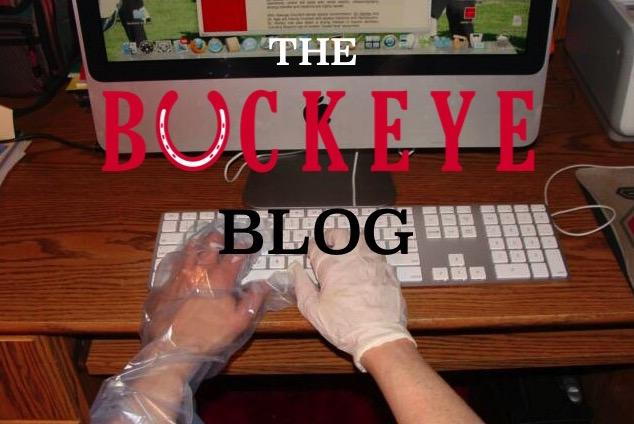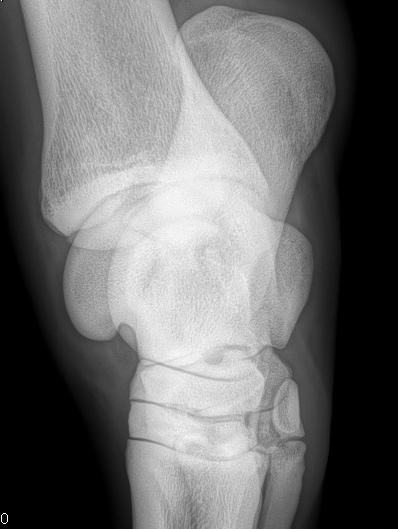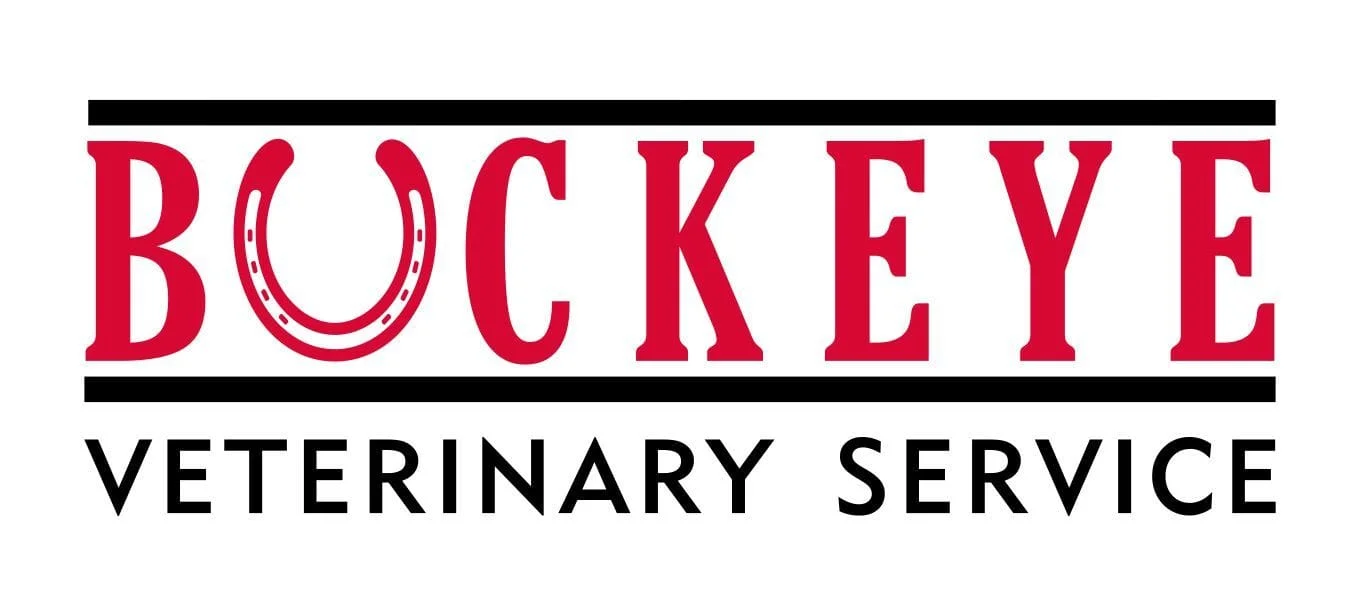AM I GOING TO HAVE TO KEEP INJECTING MY HORSE'S JOINTS?
- posted: Aug. 20, 2017

AM I GOING TO HAVE TO KEEP INJECTING MY HORSE’S JOINTS?
By Ken Keckler DVM
It’s one of the more common misconceptions I hear. “Well, if you inject his joints, I’m going to have to keep doing them, right?”
The implication is that putting anti-inflammatory products into the joint will cause the horse to require injections in the future. The reality is, if the intra-articular medications improve the lameness, the horse likely will need to be treated again, because it worked.
There are multiple different approaches to lameness diagnosis and treatment, but typically I work from conservative to more aggressive treatments. By the time I’m called to evaluate, owners/trainers have often already given oral anti inflammatories (ie. bute, Banamine), iced (or cold water hosed), and the horse has had a few days off. If my exam suggests the pain is localized to a specific joint, frequently we will try a topical anti-inflammatory like Surpass ointment for a few days. I often suggest products that may improve the joint environment: oral products that contain glucosamine, chondroitin, and hyaluronic acid, or more proven products like Adequan IM, or Legend IV that should help the cartilage/ joint fluid. Sometimes we have taken radiographs (x-rays) to demonstrate that there is no dramatic lesion that would contraindicate injection.

If these treatments (and some time off) are not working, let’s inject the joint. Of course, if time is of the essence, or we have a track record of injections with positive response, we may well go right into the joint. Intra-articular injections are the best things you can do to improve a horse’s soundness- you will see the greatest response, assuming that’s where the problem is.
In most joints, I use a combination of Hyaluronic Acid (HA), a corticosteroid, and an antibiotic. HA is similar to the horse’s own joint fluid. It provides an anti-inflammatory effect, helps bathe and lubricate the cartilage and joint capsule, and hopefully stimulates production of the horse’s own joint fluid.
Each veterinarian has an opinion on a specific corticosteroid they like, but it will be a very potent anti-inflammatory. Corticosteroids work by suppressing the immune system, thereby decreasing inflammation/pain. It’s well documented that repeated, high doses of cortisone can damage cartilage in a joint. For this reason, I use a much smaller volume per joint than when I began practicing, and am reluctant to inject joints more than 2-3 times a year. Horses’ athletic careers usually do not last long enough to raise large concerns about degenerating cartilage due to many doses of corticosteroids. This is one reason we try not to inject young horses. In extenuating circumstances, we may need to get more frequent, but in many of those cases we have alternative options, like IRAP.

The immuno-suppressive effect of corticosteroids is why I usually include an antibiotic. An infected joint can be devastating, and this is an ounce of prevention. It is uncommon to have a problem, but be aware that it is always a risk. Anytime you put a needle in a horse, there is a chance for adverse reaction or infection. We prepare the skin with a surgical scrub, rinse with alcohol, and glove up to decrease the chance of taking bacteria into the joint.
Infected joints need to be quickly and aggressively treated.
So, usually by the time we are ready to inject joints, we’ve already tried time off, phenylbutasone, topical anti-inflammatories, cold therapy, and joint supplements. Obviously, the horse hasn’t responded as well as we’d like. When joint injections are the treatment that works, we won’t go back through all of the things that didn’t work.
Degenerative joint disease doesn’t go away; we decrease the inflammation for a while and make the horse more comfortable. If he continues to work at that level, he’s likely to need joints injected again. It’s not because the horse was injected the first time…
Location
Find us on the map
16295 Claridon Troy Road
Burton, OH 44021, US
Office Hours
24 Hour Emergency Care - 365 Days a Year
8:00 am - 4:30 pm
8:00 am - 4:30 pm
8:00 am - 4:30 pm
8:00 am - 4:30 pm
8:00 am - 4:30 pm
Emergencies Only
Emergencies Only

